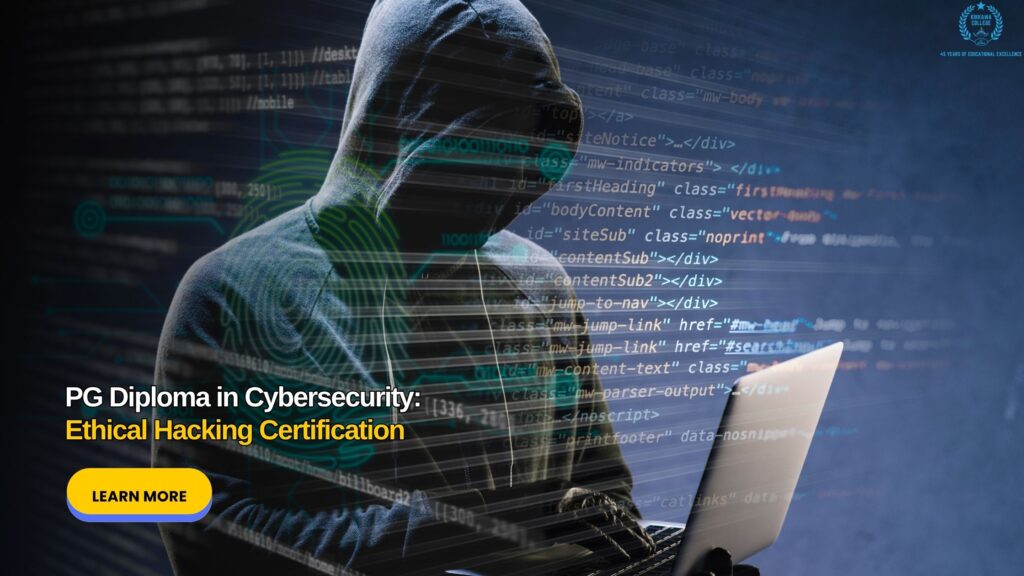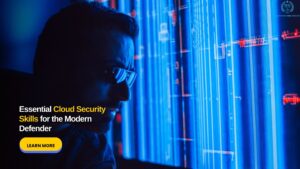Ethical Hacking Certification: Fighting Cybercrime from the Inside
What if the best way to catch a hacker… is to think like one? That’s the idea behind ethical hacking, a fast-growing area in cybersecurity where trained professionals identify vulnerabilities before malicious hackers can exploit them. Ethical hackers are vital defenders of digital infrastructure—and one of the most exciting career paths in the industry.
What is Ethical Hacking?
Also known as penetration testing or “white hat” hacking, ethical hacking involves simulating cyberattacks on systems, applications, or networks to uncover weaknesses. The goal is to:
- Identify security flaws
- Test system resilience
- Strengthen defenses before real attacks occur
Unlike malicious hackers, ethical hackers operate with permission and abide by strict codes of conduct.
What Skills Do Ethical Hackers Need?
Ethical hackers must possess a deep understanding of:
- Network and system architecture
- Operating systems like Linux and Windows
- Common vulnerabilities (e.g., SQL injection, XSS)
- Scripting and programming languages (Python, Bash)
- Security tools like Wireshark, Metasploit, and Nmap
They also need strong problem-solving skills, creativity, and the ability to think like an attacker.
Industry Demand and Career Outlook
Ethical hacking is a high-demand field across industries such as:
- Finance
- Healthcare
- Government
- Tech and software development
With data breaches on the rise, organizations are investing in internal security audits and pentesting more than ever. Roles like Penetration Tester, Vulnerability Analyst, and Security Consultant are not only lucrative but mission-control.
Become an Ethical Hacker at ICT Schools
The Postgraduate Diploma in Cybersecurity at ICT Schools prepares students for real-world cybersecurity careers, including ethical hacking. The program covers tools and techniques used by security professionals worldwide and aligns with certifications like Certified Ethical Hacker (CEH). With practical labs and industry-experienced instructors, students graduate ready to protect digital spaces with confidence and integrity.






